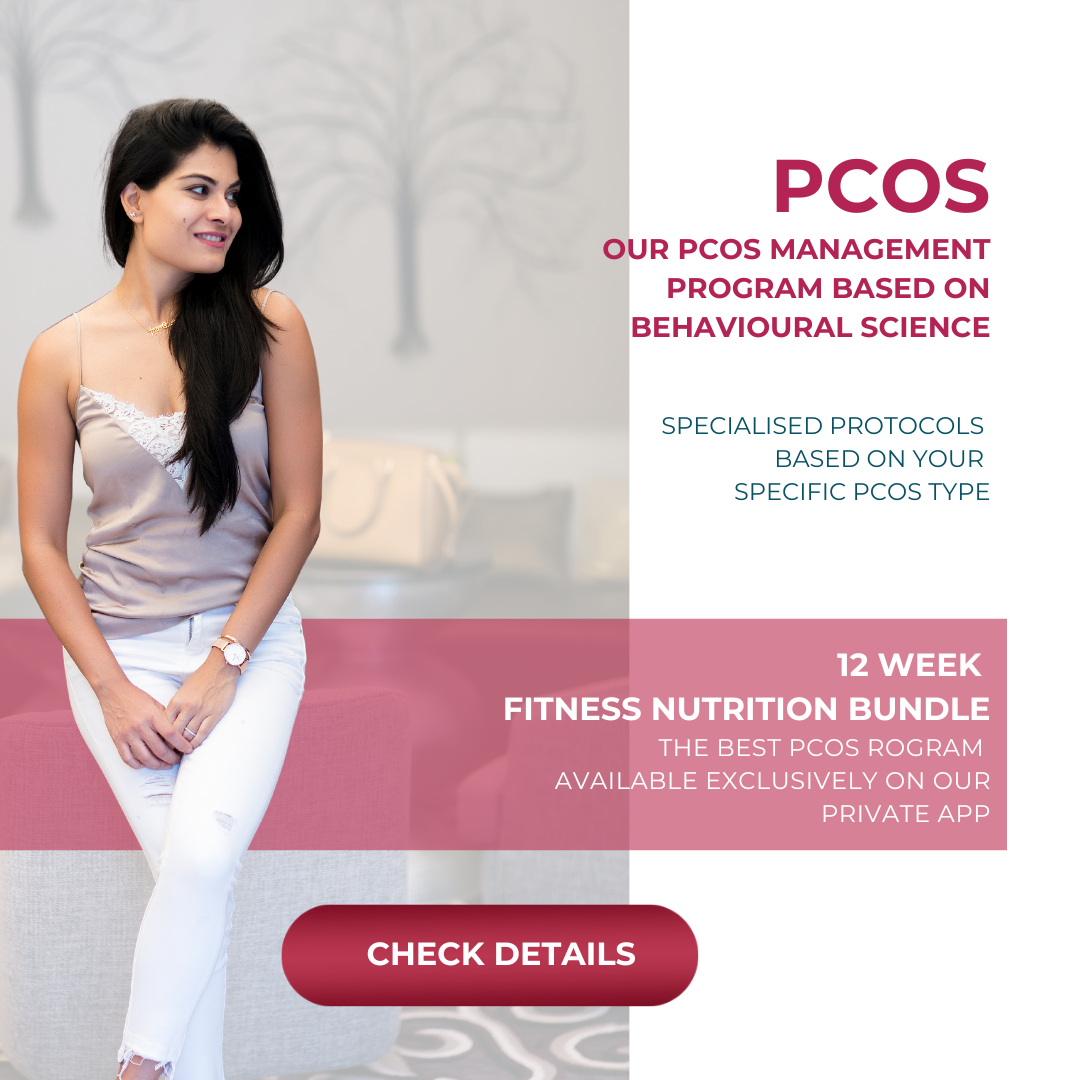Understanding Irritable Bowel Syndrome (IBS): A quick over view
On our Gut Rejuv Program, where we address a variety of digestive issues, including Irritable Bowel Syndrome (IBS). IBS can often be challenging to identify, as many individuals may not even be aware they have it. If you're experiencing gut issues, we encourage you to schedule a consultation with our team before attempting any self-medication. There are numerous factors we need to investigate before determining the best course of action for you.
What is Irritable Bowel Syndrome (IBS)?
Irritable Bowel Syndrome (IBS) is a prevalent condition that affects the digestive system. It manifests with symptoms such as stomach cramps, bloating, diarrhea, and constipation, which tend to fluctuate over time and can persist for days, weeks, or months. Living with IBS can be frustrating and significantly impact your daily life. While there is no cure for IBS, lifestyle modifications and medications can often help manage the symptoms. The exact cause of IBS remains unknown, although it has been associated with factors such as the speed of food passage through the gut, oversensitive nerves, stress, and a family history of the condition.
Common Symptoms of IBS:
The primary symptoms of IBS include stomach pain or cramps, bloating, diarrhea, and constipation. These symptoms may worsen after eating and improve after a bowel movement. Individuals with IBS may experience fluctuations in symptom severity, with certain triggers exacerbating flare-ups. These triggers may include alcohol, caffeine, specific foods (such as spicy or fatty foods), and stress or anxiety.
Other Symptoms of IBS:
In addition to the primary symptoms, IBS may also cause farting (flatulence), passing mucus from the rectum, fatigue, nausea, backache, urinary problems (such as frequent urination, sudden urges to urinate, and feeling unable to fully empty the bladder), and bowel incontinence.
General Tips to Manage Irritable Bowel Syndrome (IBS) Symptoms
Do:
- Cook homemade meals using fresh ingredients whenever possible.
- Keep a food diary to track what you eat and any associated symptoms, helping you identify and avoid potential triggers.
- Find ways to relax, as stress can exacerbate IBS symptoms.
- Incorporate regular exercise into your routine to promote digestive health.
- Consider trying probiotics for a month to assess their potential benefits.
Don't:
- Delay or skip meals, as irregular eating patterns can worsen symptoms.
- Eat too quickly, as this can contribute to digestive discomfort.
- Consume excessive amounts of fatty, spicy, or processed foods, which may trigger IBS symptoms.
- Limit fresh fruit intake to no more than three portions (80g per portion) per day to prevent exacerbating symptoms.
- Limit tea or coffee consumption to no more than tow cups per day to avoid potential aggravation of symptoms.
- Consume excessive amounts of alcohol or fizzy drinks, as they can contribute to digestive distress.
Set up a consult with us here
By implementing these simple guidelines into your daily routine, you can take proactive steps to manage your IBS symptoms and improve your overall quality of life.
Living with Irritable Bowel Syndrome (IBS) can be challenging, but it's essential to remember that you're not alone. Our Gut Rejuv Program, is here to provide support and guidance as you navigate this condition. If you're experiencing symptoms of IBS or other gut-related issues, don't hesitate to reach out to our team for personalized assistance.
Together, we can work towards improving your gut health and overall well-being.


Leave a comment